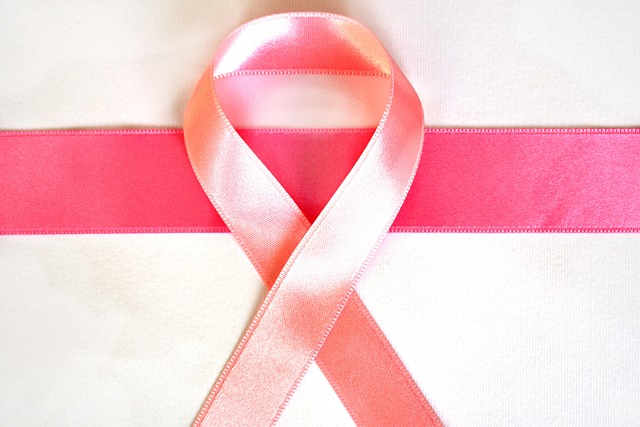Early Signs of Breast Cancer
Early Signs of Breast Cancer

Early Signs of Breast Cancer
October is Breast Cancer Awareness Month, a time when we come together to raise awareness and knowledge about this life-altering disease. Breast cancer is the most common cancer among women worldwide, but early detection can make all the difference in treatment and survival. To empower women with the tools they need to detect breast cancer in its early stages, it's essential to understand its early signs and symptoms.
Understanding Breast Cancer
Breast cancer is a disease that begins when abnormal cells in the breast start to grow uncontrollably. It can develop in men and women, but it's more common in women. Millions of women are diagnosed with breast cancer, making it imperative to know how to recognize its early signs.
4 Early Signs of Breast Cancer
Breast Lumps
Perhaps the most recognized early sign of breast cancer is the presence of a lump in the breast. These lumps can vary in size, texture, and location within the breast (1). The key to early detection is regular breast self-examination. To perform one, raise your arm and use the opposite hand's fingertips to feel for lumps or changes in your breast's texture. If you find any unusual lumps, it's crucial to consult a healthcare professional for further evaluation.
Changes in Breast Size or Shape
Keep an eye on changes in your breast's size or shape. If one breast becomes noticeably larger or changes in shape compared to the other, it could be an early sign of breast cancer. Regularly looking in the mirror can help you spot these differences.
Nipple Abnormalities
Any sudden changes in your nipple's appearance or nipple discharge may indicate breast cancer. Watch out for nipple inversion (when your nipple becomes inverted or pulled inward) or any unusual discharge, such as bloody or clear fluid. If you notice these changes, consult a healthcare provider.
Breast Pain
Breast pain can have various causes, and it's not always indicative of breast cancer. However, if you experience persistent breast pain or if it's accompanied by other unusual symptoms, make sure to get it checked by a healthcare professional.
Risk Factors and Who's at Risk
While breast cancer can affect anyone, certain factors can increase the risk:
- Age: The risk of breast cancer increases with age, with most cases occurring in women aged 50 and older.
- Family History and Genetics: Having close relatives with a history of breast cancer can increase your risk. Additionally, certain genetic mutations like BRCA1 and BRCA2 can significantly raise the likelihood of developing breast cancer.
- Lifestyle Factors: Obesity, a sedentary lifestyle, alcohol consumption, and hormone replacement therapy can also contribute to increased risk.
When to Seek Medical Help
Recognizing the early signs of breast cancer is only the first step. Knowing when to seek medical help is equally important. If you notice any of the early signs mentioned above, it's crucial not to delay:
- If you find a lump or notice changes in your breasts during self-examination, make an appointment with a healthcare provider.
- If you experience nipple abnormalities or persistent breast pain, consult a healthcare professional.
- If you have a family history of breast cancer or other risk factors, consider discussing your risk and the need for additional screening with your doctor.
Prevention and Screening
Preventing breast cancer is not always possible, but you can reduce your risk by adopting a healthy lifestyle:
- Regular Mammograms: Mammograms are a critical tool for early detection, especially for women over 40. Consult your healthcare provider about the recommended screening schedule based on your age and risk factors.
- Breast Self-Examinations: Routine self-examinations can help you become familiar with your breasts, making it easier to detect any changes.
- Healthy Lifestyle: Maintaining a healthy weight, staying physically active, limiting alcohol consumption, and avoiding hormone replacement therapy can all contribute to reducing your risk.
Conclusion
Breast cancer can be a life-altering diagnosis, but early detection dramatically improves the chances of successful treatment and survival. Understanding the early signs of breast cancer and recognizing when to seek medical help are crucial steps in protecting your health. In this Breast Cancer Awareness Month, let's stand together to raise awareness, encourage regular screenings, and empower women to take control of their breast health.
By staying informed, vigilant, and proactive, we can help unveil the silent threat of breast cancer and save lives.
